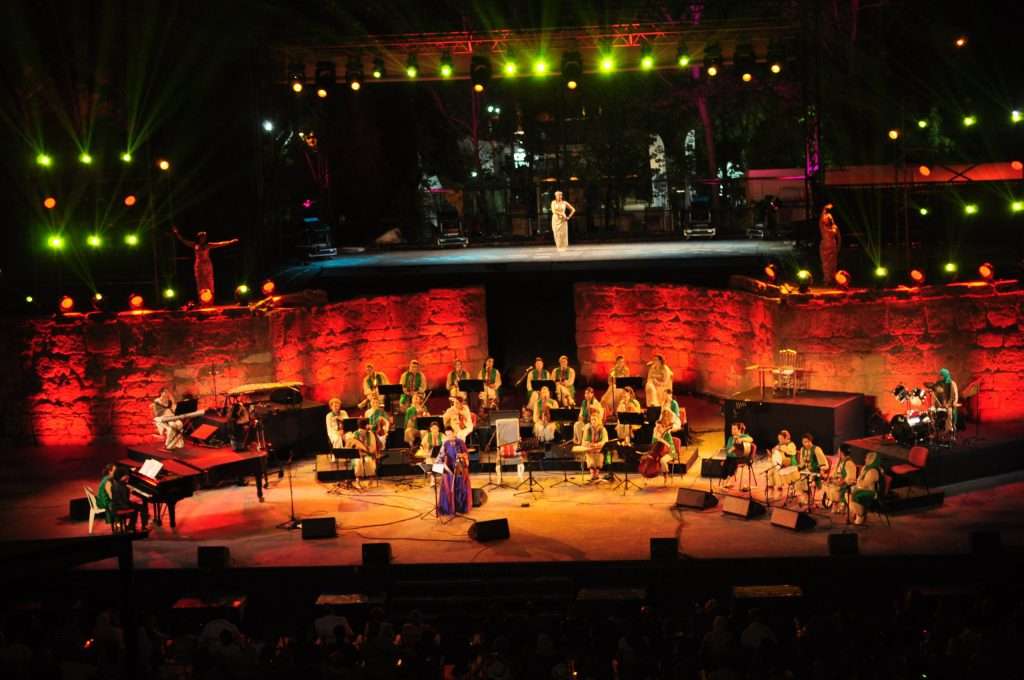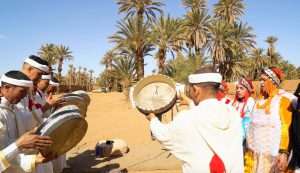Tunisia’s Carthage Festival sparks culture and politics row

A summer cultural even in Tunisia is causing quite a stir over some of the performers it has invited and their political allegiances in the region.
The upcoming International Carthage Festival has ignited fierce debate about Tunisia’s cultural future, revealing deep tensions between artistic freedom, political authority and questions of national identity, reported by the Arab Weekly plus agencies.
Public controversy over the festival’s management and performer line-up has driven reflection on the evolving place of culture within Tunisia’s shifting political landscape.
President Kais Saied’s recent remarks on culture coincided with the return of Tunisia’s summer festivals, which aim to showcase both the nation’s heritage and its solidarity with Palestine. Yet the Carthage Festival faces criticism after inviting artists accused of supporting Israel.
Organisers removed French singer Helene Segara’s concert after backlash from activists. In response, they reaffirmed support for the Palestinian cause on July 10th. Segara denied involvement, telling AFP she had never agreed to perform.
This 59th edition marks an unusual departure from tradition: the festival operates without an official director. A committee, whose members remain unnamed, now leads its management. Under the cultural affairs ministry, the festival presents 20 performances spanning Tunisia, Egypt, Lebanon, the UAE, Palestine, France and Jamaica.
The festival’s programme sparked further debate when posters for Palestinian artist Saint Levant and Segara were withdrawn. Organisers later confirmed Saint Levant’s concert remains scheduled for August 5th despite rumours to the contrary. Hend Mokrani, head of ENPFMCA, attributed Segara’s removal to public pressure over her alleged links to “the Zionist entity.”
Mokrani defended the festival’s vision as contemporary and diverse, aligned with Tunisia’s cultural priorities and commitment to Palestine.
President Saied framed culture as a sovereign sector, urging festivals to promote freedom, resist commercialism and champion national causes. Echoing Tunisia’s 1960s spirit, he called for cultural spaces to uphold thought over tyranny.
The Arab Weekly via agencies, Maghrebi.org, Middle East Monitor
Want to chase the pulse of North Africa?
Subscribe to receive our FREE weekly PDF magazine













